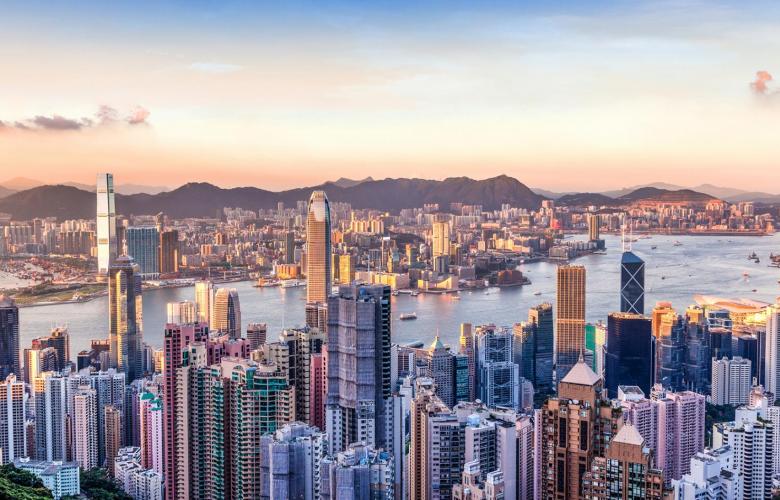Foreigners can buy property in Hong Kong without jumping through too many hoops, though it won’t come cheaply. It’s the most expensive real estate market in the world, according to Demographia’s recent affordability survey, so buying there is more about having the finances than an ability to navigate rules or regulations. If you’ve ever been to Hong Kong, you know that it’s busy. Around seven million people live there on just 1,000 square kilometres of land, which equates to about 6,650 people per square kilometre, as per the government’s website. This means there's strong demand for property from owner-occupiers and investors alike, according to Vincent Cheung, executive director, valuation and advisory services for Colliers in Asia.
“In terms of market transparency, Hong Kong’s property market is not complicated for foreign buyers or investors, but in terms of the home price and total transaction costs, its property is relatively expensive to most foreign buyers,” says Cheung.
Part of the cost comes from a buyer’s stamp duty introduced in 2012, which adds a 15 per cent charge on the purchase price for all non-permanent residents, to be paid within 30 days of the sale. As a result, the number of non-resident buyers has dropped in recent years and some investors have shifted their attention to the office property market, says Cheung. Another challenge for foreign buyers is the cost of a mortgage, which is notably higher when a buyer’s chief income is earned outside Hong Kong. Foreigners can typically borrow up to 40-50 per cent of the home price depending on the use and type of property bought.
By contrast, locals can borrow up to 80 or even 90 per cent if the property is valued between HK$4.5m to HK$6m. Keep in mind that the median home price in the city is $4m, according to Demographia. Hong Kong is a rather conservative mortgage market in this way, usually with adjustable interest rates that move in line with the US Federal Reserve, according to ExpatBriefing.com. It says that more mortgage options are gradually becoming available, however, such as fixed-rate mortgages from the government owned Hong Kong Mortgage Corporation, as well as commercial lenders. "Apart from the mortgage offered by developers and banks, some financial firms and property agents also provide second mortgage plans," says senior manager for property consultancy Knight Frank, Pamela Tsui. She says that the requirements of any home loan really depend on whether the property is purchased as in investment or to live in.
By Jean-Paul Pelosi.
For more on Hong Kong:
New frontiers in emerging property markets
How much do you need to buy an apartment in Asia?
Is the Hong Kong market really in "free fall"?









